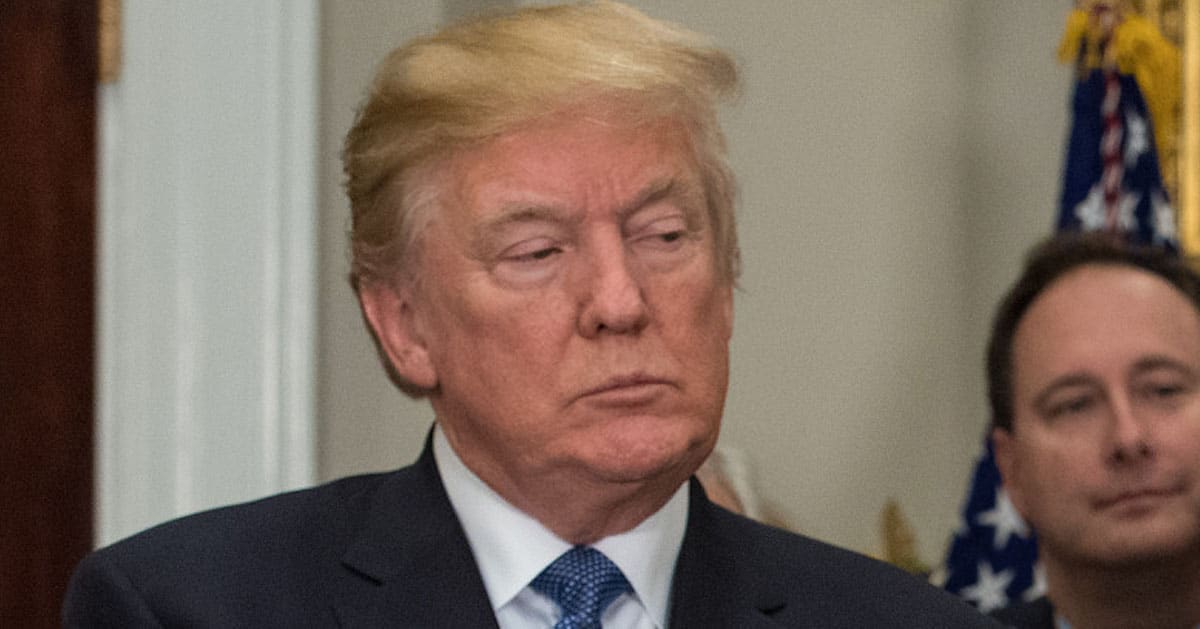



The Second Amendment just got a heavyweight ally in the Trump Justice Department. On June 13, 2025, the DOJ’s Civil Rights Division, led by the sharp-tongued Harmeet Dhillon, threw its weight behind an NRA lawsuit challenging Illinois’s so-called “assault weapons” ban. This move signals a no-nonsense stance on gun rights that’s sure to rattle progressive cages.
Breitbart reported that the Trump DOJ filed an amicus brief supporting the NRA’s fight against Illinois’ ban, arguing it violates the Second Amendment by outlawing commonly used firearms and magazines.
It’s a direct shot at a state law passed just months after the Supreme Court’s 2022 Bruen decision. That timing alone reeks of defiance against constitutional clarity.
Dhillon didn’t mince words, declaring, “The Second Amendment is not a second-class right.” Her quip, “See you in court, Illinois,” is less a threat than a promise from a team ready to brawl legally. For law-abiding gun owners, it’s a refreshing change from the usual bureaucratic tap-dancing.
The Illinois law targets rifles like the AR-15, which the DOJ brief insists are protected under the Second Amendment. These aren’t exotic military toys but firearms millions of Americans own for self-defense, hunting, and sport. Banning them, the brief argues, spits in the face of the Supreme Court’s Heller ruling from 2008.
Heller made it crystal clear: States can’t prohibit arms “in common use” by law-abiding citizens for lawful purposes. Illinois didn’t get the memo. Its ban also sweeps up magazines and attachments essential to these firearms’ function, which the DOJ calls a blatant overreach.
The amicus brief leans heavily on the 2022 Bruen decision, which slammed states for treating the Second Amendment like a constitutional afterthought.
“Three years ago, the Supreme Court issued a landmark decision meant to break a habit developed by some States of treating the Second Amendment as ‘a second-class right,’” the brief notes. Illinois’ response? A law that thumbs its nose at the court.
The DOJ’s Civil Rights Division isn’t just posturing; it’s zeroing in on two key issues. First, does Illinois’ ban violate the Second Amendment by targeting firearms millions use lawfully? Second, does it overstep by restricting magazines and attachments integral to those firearms?
The AR-15, singled out in the brief, isn’t some fringe weapon but a staple of American gun culture. Banning it because it looks scary to urban elites is the kind of logic that collapses under scrutiny. The Second Amendment doesn’t bend to aesthetic preferences.
Magazines, too, get their day in court. The DOJ argues they’re as protected as the firearms themselves since you can’t exactly defend your home with an empty rifle. Illinois’s attempt to limit them feels like a backdoor way to neuter the right to bear arms.
The brief doesn’t just argue; it accuses. “In doing so, Illinois violated the Supreme Court’s clear directive that States cannot prohibit arms that are ‘in common use’ by law-abiding citizens for lawful purposes,” it states. That’s not legal jargon—it’s a gauntlet thrown at Illinois’ feet.
The timing of Illinois’ ban, just months after Bruen, suggests a state betting it can outlast judicial pushback. It’s a gamble that assumes gun owners and the courts will roll over. The Trump DOJ’s brief is a loud signal that it won’t happen.
For gun owners in Illinois, this fight is personal. The state’s law doesn’t just limit their rights; it criminalizes tools they rely on for safety and recreation. The DOJ stepping in feels like a lifeline to folks tired of being painted as villains.
This isn’t just about guns—it’s about who gets to define freedom. Illinois’ ban reflects a progressive impulse to control rather than trust citizens, cloaked in the tired rhetoric of “public safety.” The DOJ’s brief flips that script, framing the Second Amendment as a non-negotiable check on overreach.
Harmeet Dhillon’s leadership in this fight adds a layer of grit. Her Civil Rights Division isn’t playing defense; it’s taking the offensive against what many see as woke overreach. For conservatives, it’s a reminder that the Trump administration isn’t afraid to swing.



